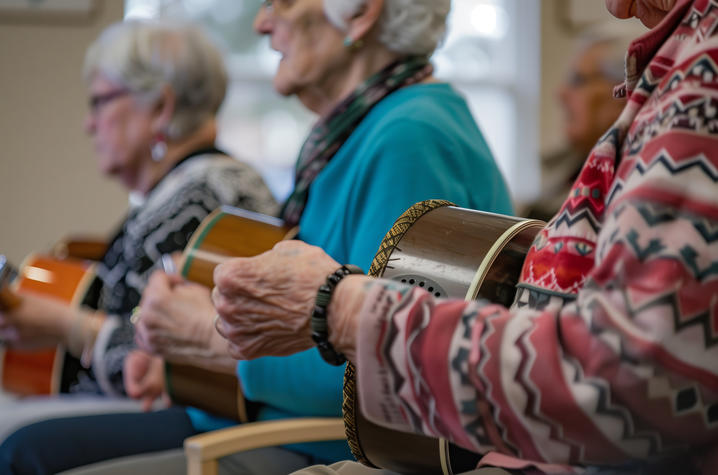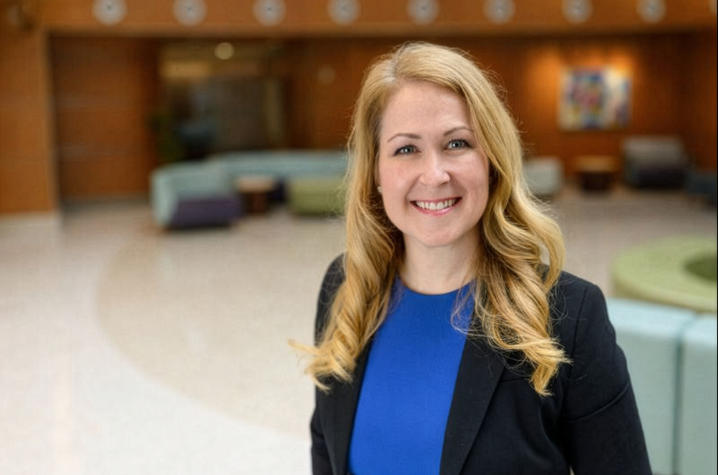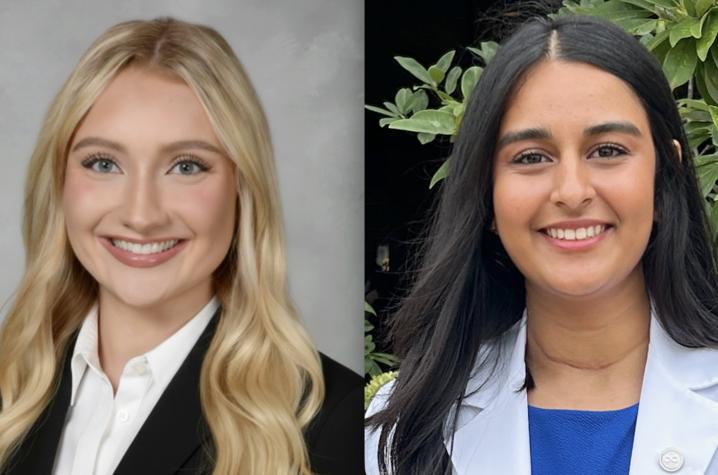News
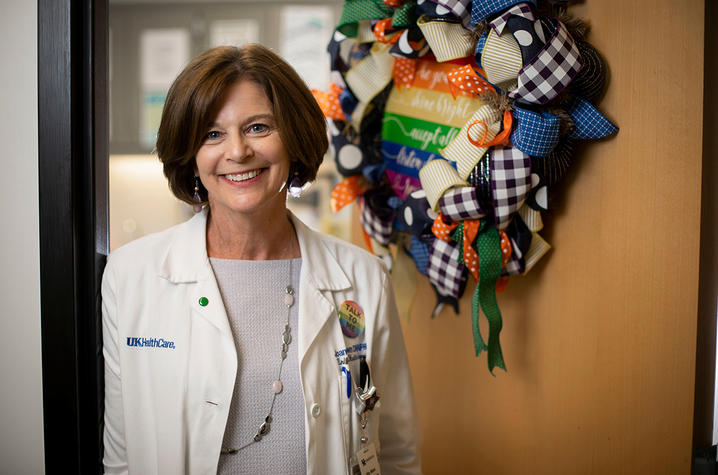
Students face challenges today that generations before them couldn’t even dream of. From using technology in the classroom to the pressures they feel from social media, the college experience today is monumentally different than it used to be.
Students come to college to express themselves in a way that they may have always wanted to, but never thought they could. With open hearts and minds, they leave their routine they’ve always known, ready to find themselves – whatever that means to them.

A recently published a report on the failing water system of Martin County in Eastern Kentucky finds that almost half of the county’s residents cannot afford their current water service. Residents and county advocates are now asking for a termination in rate increases, as they are already paying some of the highest water bills in the state.
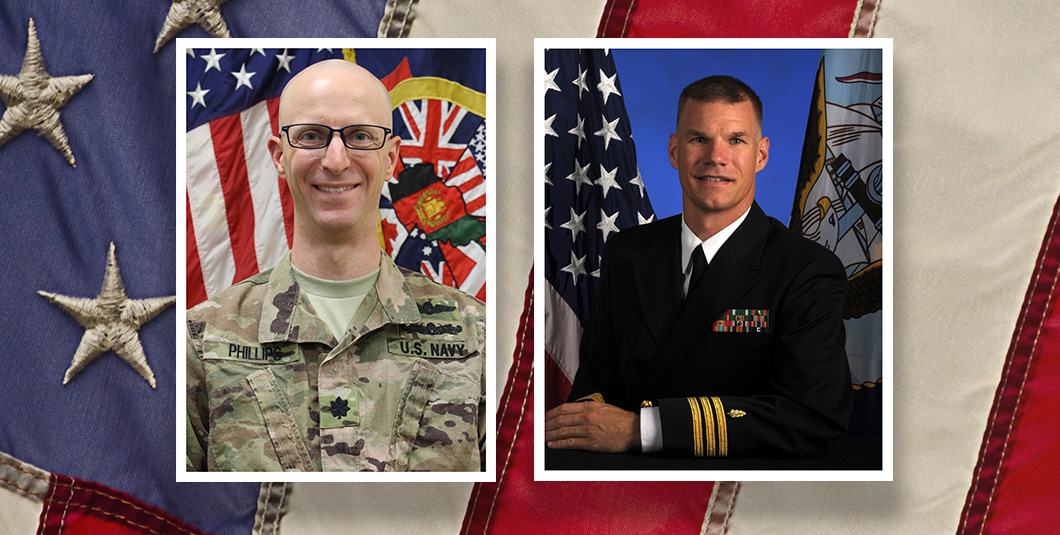
Capt. Eric Stedje-Larsen, MD, and Cmdr. Ryan Phillips, MD, had worked with one another in the Navy for years, but on opposite sides of the country, Dr. Stedje-Larsen on the east coast in Portsmouth, Va., and Dr. Phillips on the west coast in San Diego. It wasn’t until last May that they met in person while attending a training in California.
That’s when they learned they had something significant in common – they’re both graduates of the University of Kentucky College of Medicine.
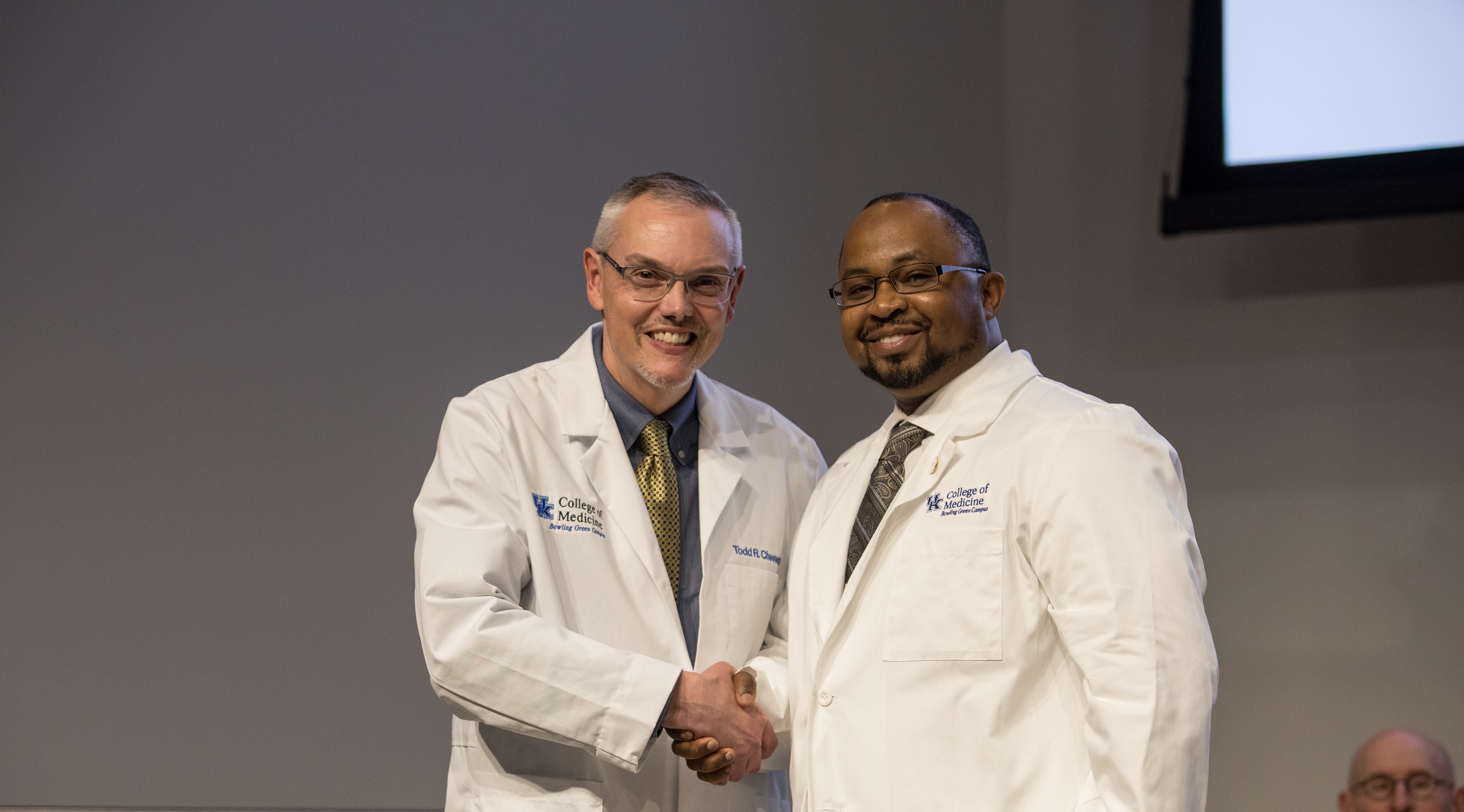
Petty Officer 1st Class Michael Sherrod’s final duty before closing his 10-year Navy career was as a recruiter, traveling across the region to teach young, prospective military members about the opportunities the Navy offered.
During that time he became familiar with area colleges like the University of Kentucky and also made plenty of visits to Bowling Green, Ky. He appreciated the city for its small-town feel and scenic views, but also its growth and potential.
Now, as he chases a new career path, he calls this place home.
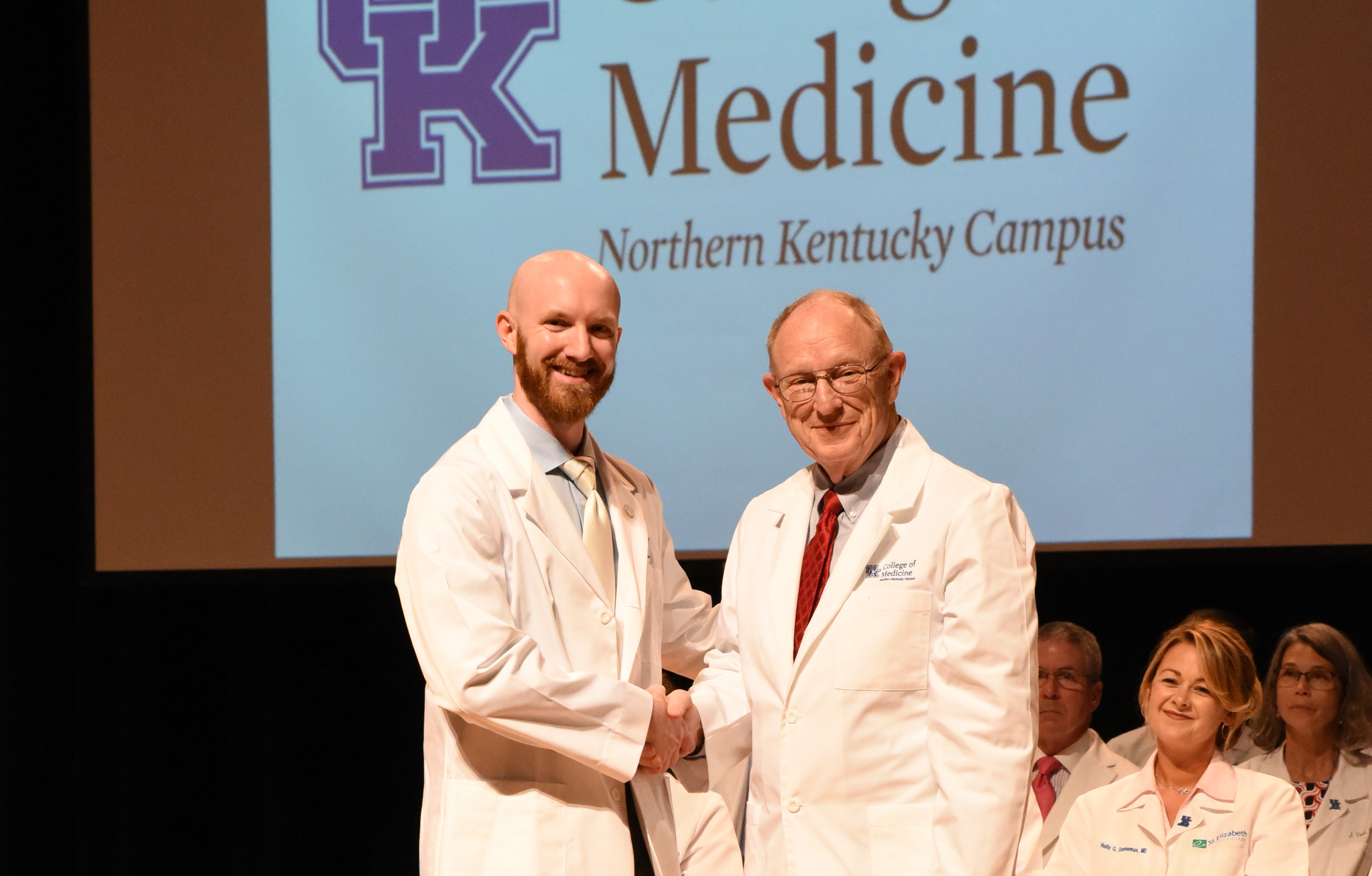
Staff Sgt. Sean Thornton joined the Marine Corps in 2009 for a variety of reasons. He wanted to serve his country. He wanted to continue the tradition within his family. He also wanted to improve himself, both physically and mentally.
He served a combined eight years, five in active duty and three in the reserves, before being honorably discharged as a staff sergeant, a coveted position with responsibilities such as leadership, training, and maintaining an efficient platoon of more than 40 Marines.
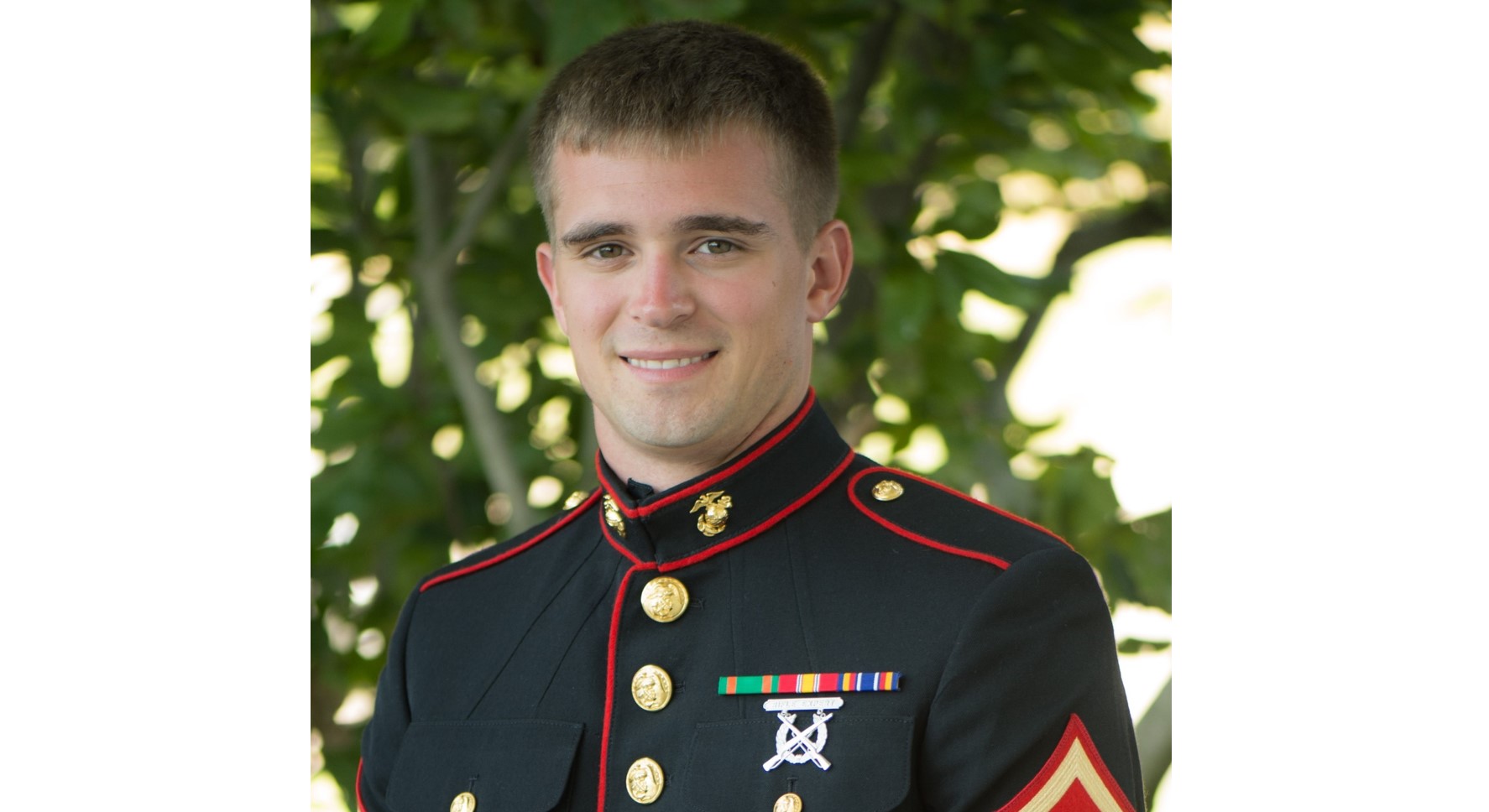
For Lance Cpl. Benjamin Shaw, enlisting in the military was almost inevitable. Dedication to serving the country ran in his family.
Something else was also a significant part of his family history: autoimmune disorders. More specifically, rheumatoid arthritis and multiple sclerosis, a disease that affects the central nervous system. Also, his wife has autoimmune hepatitis. Seeing the effects of these disorders firsthand is what prompted Lance Cpl. Shaw to also seek training in science, hoping to someday utilize his passion for helping others through research.

A developing issue within the health care realm is understanding what it means to be transgender inclusive. UK HealthCare’s Transform Health Clinic is hosting an event to discuss what it means to be transgender inclusive with health care providers and members of the Lexington community. The dialogue at the Sound Off workshop will specifically address mental health and substance use treatment for transgender people.

The University of Kentucky College of Law will host a panel comprising experienced professionals including prosecutors, advocates, social workers, trauma therapists, journalists and psychologists to discuss the themes and events covered in “Unbelievable,” a Netflix series about sexual assault. The discussion will take place noon Monday, Nov. 11, in the G. Chad Perry III Grand Courtroom located inside the College of Law and is free and open to the public.

Ask 13-year-old Jeremiah Zurowski how he’s feeling and his one-word reply speaks volumes.
“Happy.”
And he is happy. He talks excitedly about his favorite movies and playing with his brothers. He’s generous with smiles, high-fives and hugs. His heart is big and warm, but until recently, his heart wasn’t healthy.
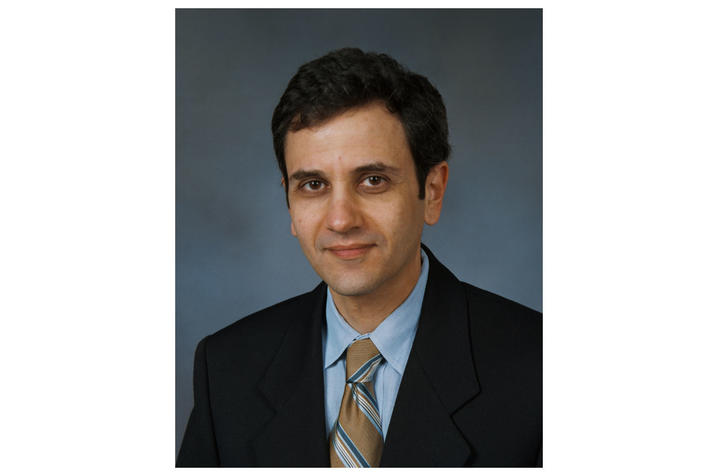
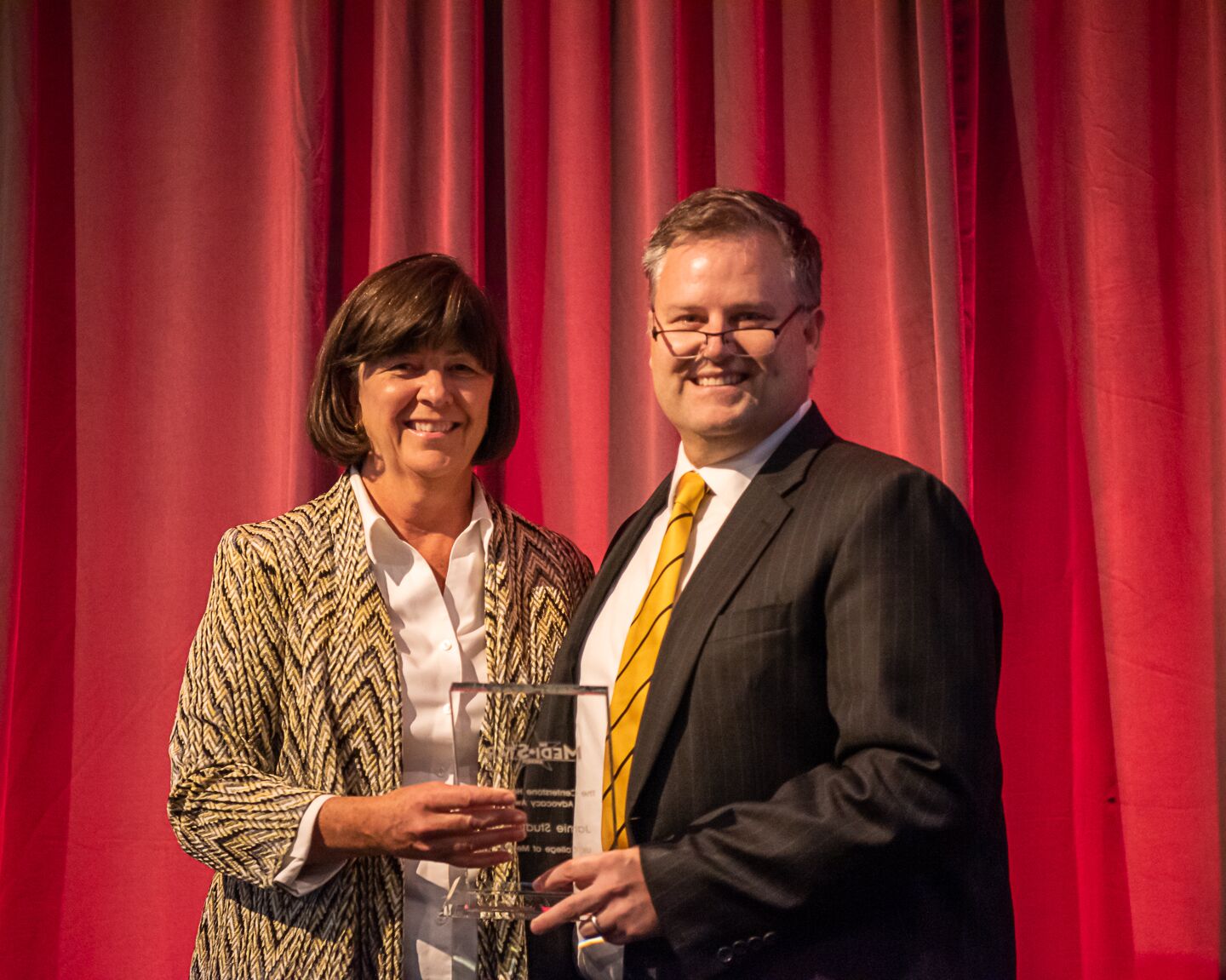
The 2019 MediStar Awards honored University of Kentucky College of Medicine Dean Robert S. DiPaola, MD, and Jamie L. Studts, Ph.D., professor in the UK College of Medicine Department of Behavioral Science. Since 2007, IGE Media, publisher of Medical News, has recognized excellence in the business of healthcare at the exclusive MediStar Awards, which honors healthcare professionals for their achievements in advocacy, innovation, education, leadership and aging care.
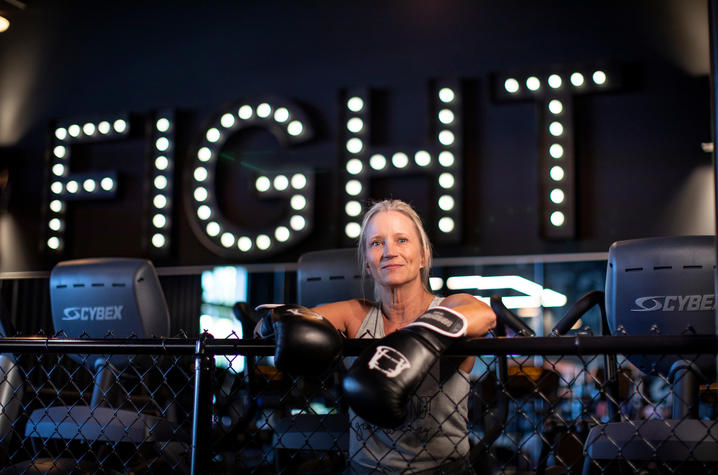
Picking up a thick set of battle ropes, Lindi Campbell crouches down and knocks out smooth sets of traditional alternating waves, slams and in-and-out waves, pausing only for a moment between sets to shake out the tension in her shoulders. It’s an exercise that would leave most people breathless, but Campbell is barely breaking a sweat.
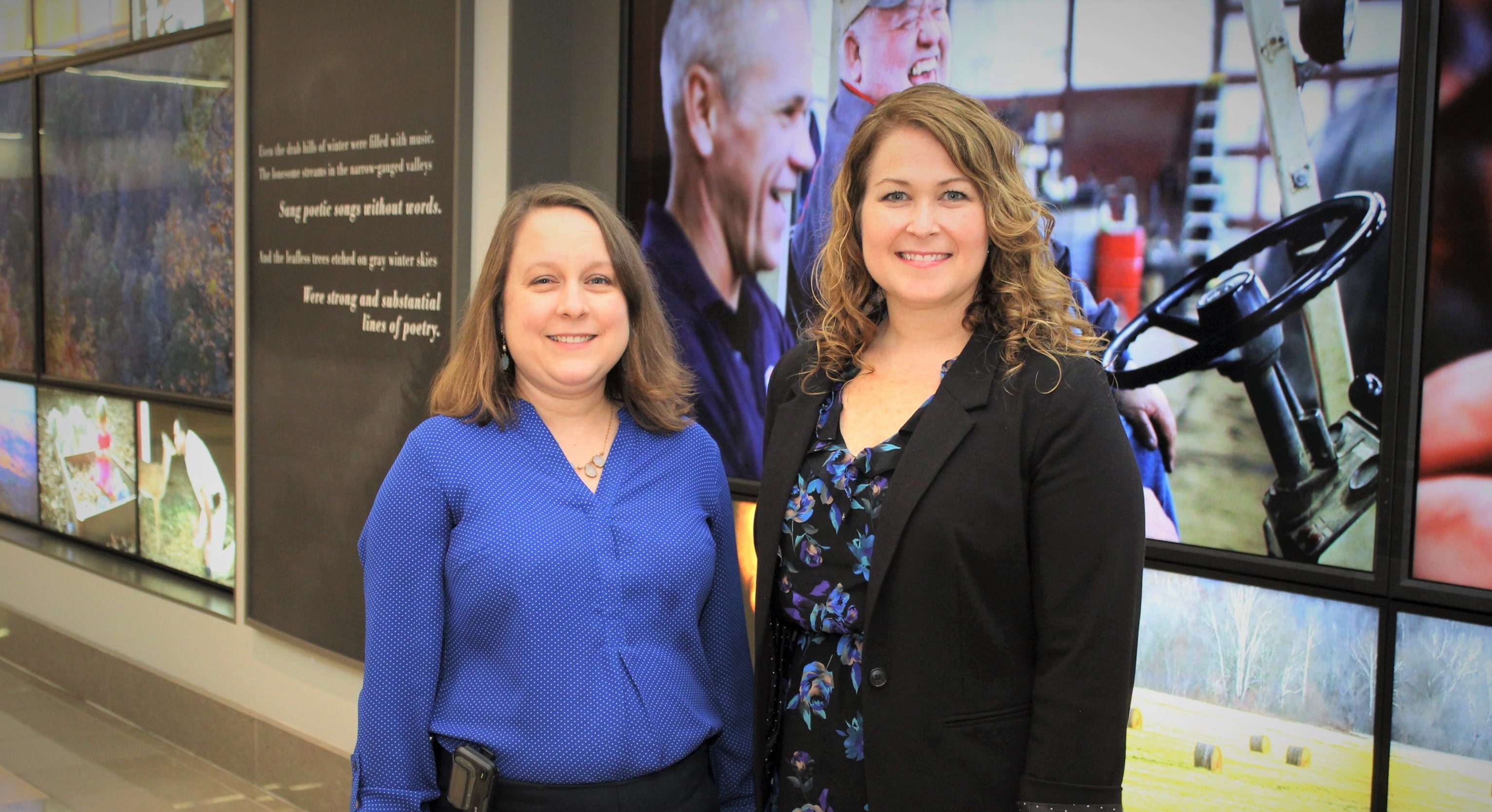
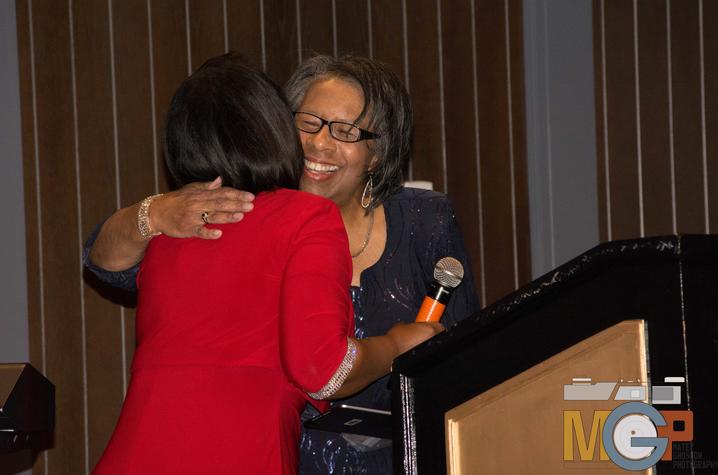
Dr. Marian Swope has done it all: University of Kentucky College of Medicine graduate, professor and a pioneering physician. She was recently recognized at the College’s first Faculty of Color Network (FCN) Gala held on Oct. 18.
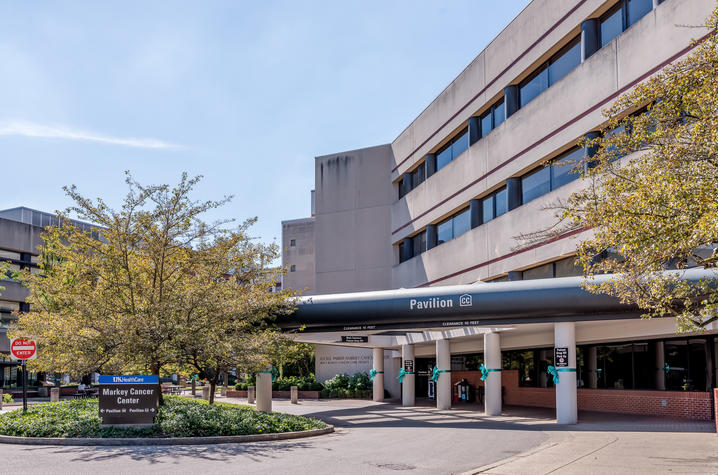
Cancer-control researchers at the University of Kentucky Markey Cancer Center and The Ohio State University Comprehensive Cancer Center – Arthur G. James Cancer Hospital and Richard J. Solove Research Institute (OSUCCC – James) aim to increase colorectal cancer screening and follow-up care among underserved individuals in Appalachia through a $5.7 million grant from the National Cancer Institute.

Congratulations to a College of Medicine alumna and student who were recently honored during the 2019 Lyman T. Johnson Awards Banquet.
Ima Ebong, MD, '11, assistant professor of neurology and clinical neurophysiology, was honored with the Lyman T. Johnson Torch of Excellence Award. The award is presented annually to an African-American alum whose faith, hard work and determination has positively affected the lives of people on the UK campus, the city, state or nation.

The University of Kentucky Sanders-Brown Center on Aging will hold the 9th Annual Markesbery Symposium on Aging and Dementia on Wednesday, Nov. 6. The scientific session opens with check-in and registration at 8:15 am in Karpf Auditorium, Pavilion A, UK Chandler Hospital 1000 S. Limestone. Speaker presentations begin at 9:30 a.m. and end at noon.
Judged poster session and boxed lunch will be held from 12:15 – 2:30 p.m. in the atrium of the Biomedical/Biological Sciences Research Building (BBSRB) 741 S. Limestone.
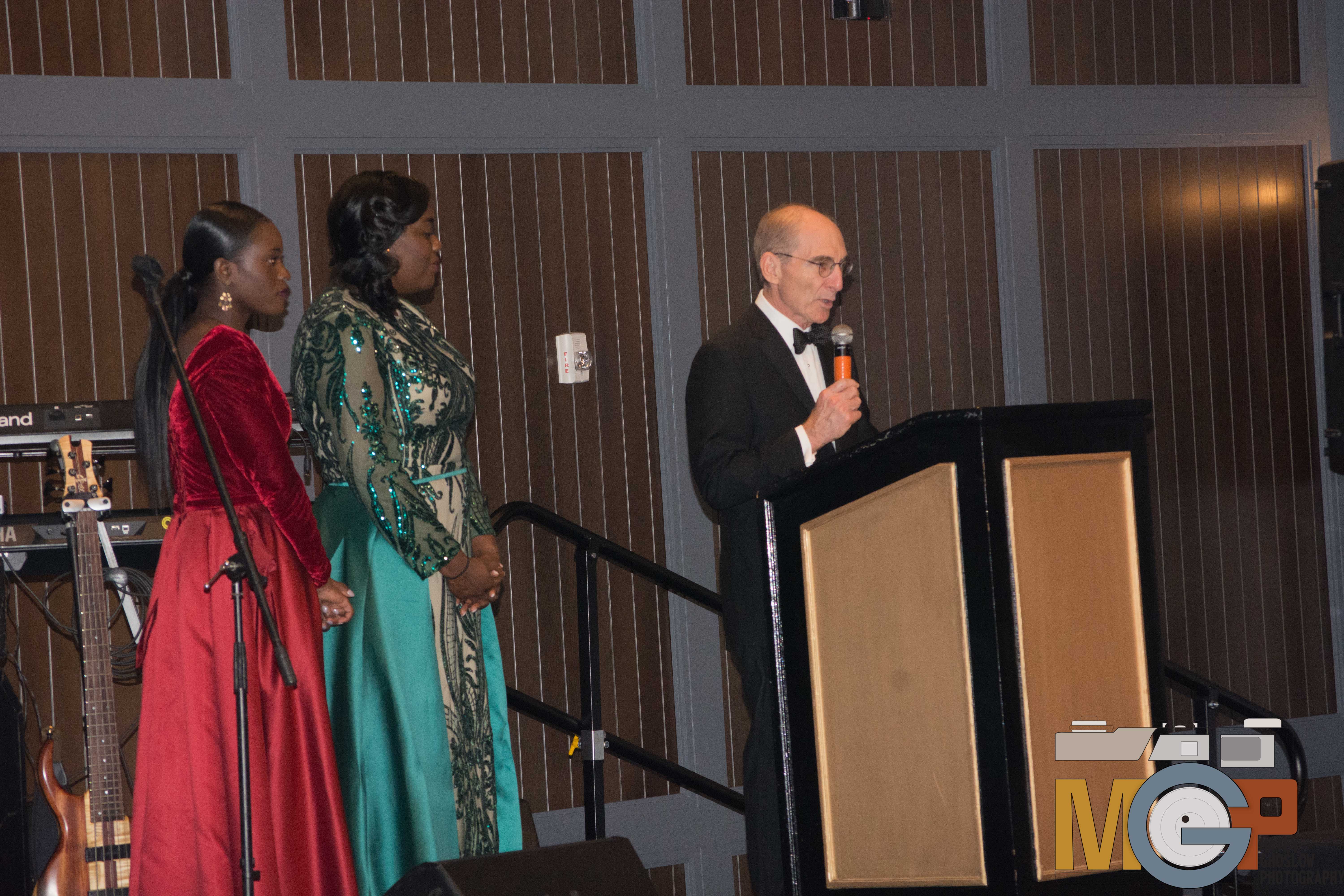
The University of Kentucky College of Medicine hosted its first annual Faculty of Color Network gala on Friday, Oct. 18. The gala, themed Undeniable, Uncompromising, Unstoppable: Celebrating Diversity in Medicine and the Community, was held at The Campbell House in Lexington, Ky.
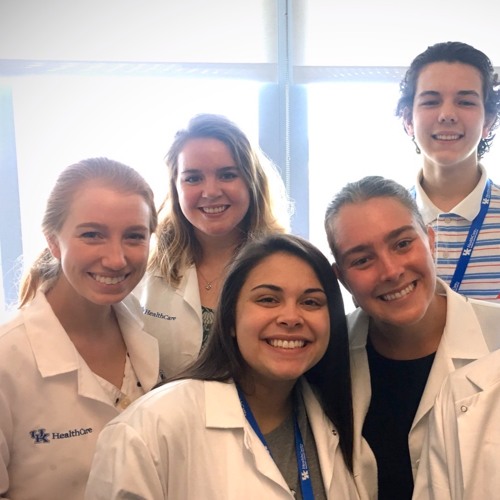
This Saturday student researchers in the Markey Cancer Center’s Appalachian Career Training in Oncology (ACTION) program will be recognized on Kroger field. The ACTION program reveals how the University of Kentucky, as a research-intensive university, can help students see what’s possible in their own careers and inspire them to impact their communities.


